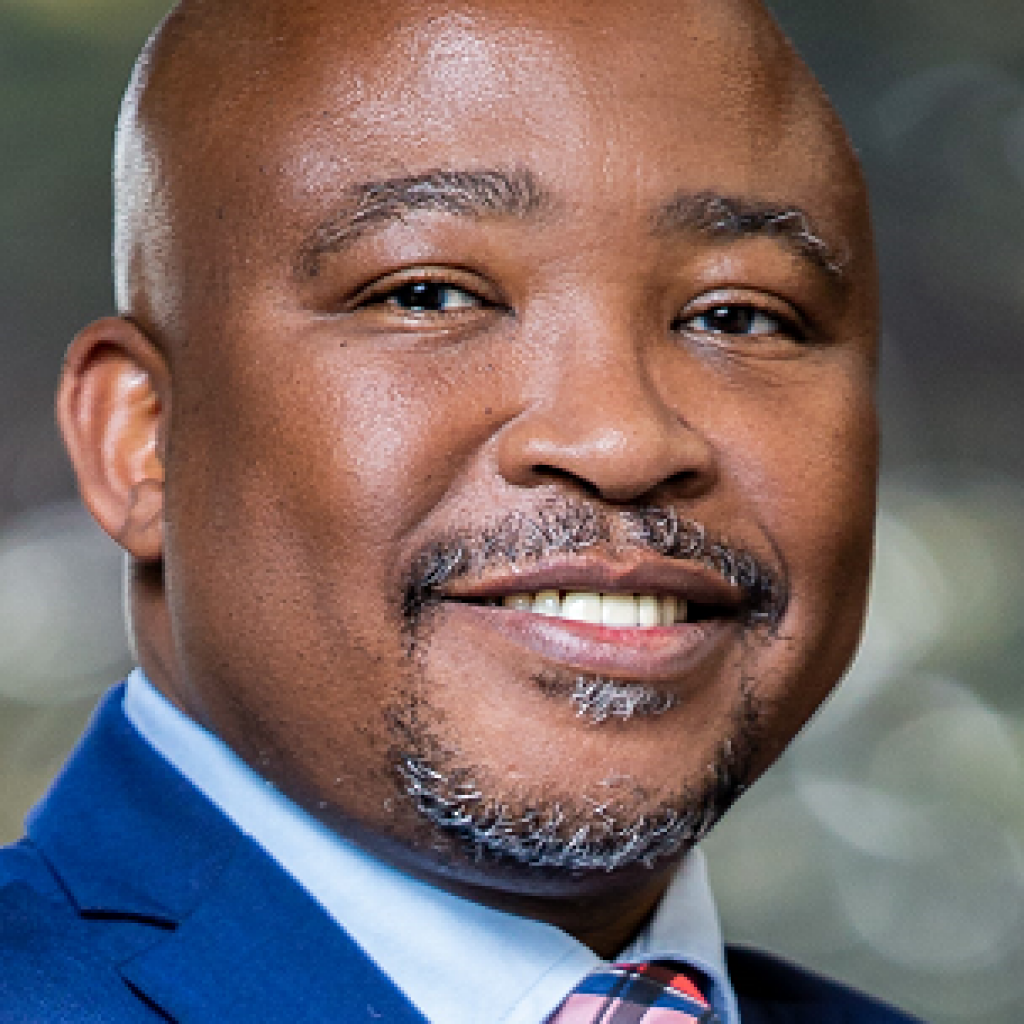
Since their independence, the governments of many countries in the Southern African region were able increase access to health services, but the quality of healthcare provided remains a challenge, and there are disparities in the quality and extent of healthcare services accessed between the rich and poor.
Universal Health Coverage (UHC) presents a plausible solution to addressing many of these challenges, but perceptions remain that UHC will be too costly. Many countries with limited resources have, however, shown what a lot can still be done with these limitations. They have also shown that political will and strong leadership are key to the successful implementation of UHC.
The upcoming 20th Annual BHF Conference to be held in Cape Town, South Africa from 21 – 24 July 2019, will focus on implementation of the healthcare systems of the future, as we look towards 2030 and the healthcare targets set out in the United Nations’ Sustainable Development Goals (SDGs).
Regional challenges to be addressed as we look towards 2030
Healthcare needs to be reshaped so that, 11 years from now, we do not sit with the same challenges and discussions around what should be done to improve the region’s healthcare status.
Issues around infant mortality and the burden of communicable diseases continue to affect progress in healthcare systems across the region. In Namibia, for example the maternal mortality rate has almost doubled since 2000, according to UNICEF. Neonatal mortality was also high at 35.1 deaths per 1000 live births in 2015, having increased from 19 deaths per 1000 live births in 2010. The UNIAIDS 2017 report shows that Lesotho indicated infant mortality rates of 46.1/1000 live births and maternal mortality rates of 487/100 000 live births. The figures in Swaziland and Botswana are similarly concerning.
While progress has been made in some areas, it has been thwarted by a lack of capacity and resources at the decentralised level. A number of countries battle to address and maintain the World Health Organisation’s six crucial healthcare pillars i.e. human resources for health (HRH), infrastructure, medicines and technology, health financing, health information systems (HIS) as well as leadership and governance.
Human resources remain a major challenge. A number of countries continue to battle with HRH strategic planning. A lack of integrated HRH information systems, poor HRH governance and ineffective operational management hamper progress.
While South Africa ranks among the top five countries in Africa in terms of the number of physicians, nurses and midwifery personnel, the country continues to battle with delivery of services in the public sector.
Gaps in healthcare provision between countries, and within individual countries in the region, continue to widen due to factors such as inequalities in embracing modern technologies and unequal distribution of new healthcare solutions.
The organisational structure of national health information systems is fragmented, which makes it difficult to incorporate diverse data sources and to compile proper documentation.
Finance remains a critical issue, as many countries still depend on donor funding. This has created a long-term problem of sustainability. Donor funding has improved the lives of the poor in a number of countries. Governments must, however, take responsibility for their countries’ healthcare programmes to ensure that they can be sustained, with or without donor funding. This is of particular concern because of the increasing burden of disease. New and re-emerging diseases continue to restrain effective service delivery.
Reimagining the future healthcare system
In the countries that have implemented universal health coverage like Ghana, Zambia, Rwanda, Cameron and Uganda, the lessons learnt are that without political will it would be difficult to implement and sustain it. The popular perception is that funding will enable the success of universal health coverage, but it’s strong leadership and political will, coupled with good governance structures and an effective legal framework that will enable its success.
In Egypt, Rwanda South Korea and Thailand, universal health coverage has been implemented with limited resources. The lessons learnt there can be used as a starting point to kick-start efforts towards UHC in the region.
UHC planning and implementation must be led from the front. Political leaders have to prioritise UHC if the sustainable development goals on health are to be met.The focus has to be on attaining a one country-one-country healthcare model.
Looking ahead
In a fragmented healthcare structure, collaboration remains critical. The health outcome targets set in healthcare for the public sector, must also be embraced by the private sector. Any dialogue around the SDGs should include intersectoral discussions and collaboration. The diversity of healthcare systems across Southern Africa means that all stakeholders including healthcare practitioners, beneficiaries, employers and governments are needed to bring about improvement. New technology, cognisant of the 4th industrial revolution, is needed to co-ordinate efforts.
With just 11 years to the 2030 SDG deadline, it has become clear that there has been enough discussion around challenges. We need solutions and proposals on what needs to be done.
Eighty four percent of people in South Africa continue to face healthcare discrimination based on affordability, the figure is estimated to be slightly higher across southern Africa. These are people who cannot enjoy the same access to healthcare as those who can afford it; and we cannot continue on this trajectory.
The 20th Annual BHF Conference at the International Convention Centre, Cape Town will focus on these issues. For more information visit www.bhfglobal.com
Dr Katlego Mothudi, is a Managing Director, Board of Healthcare Funders of Southern Africa. He writes in his personal capacity.


2 comments